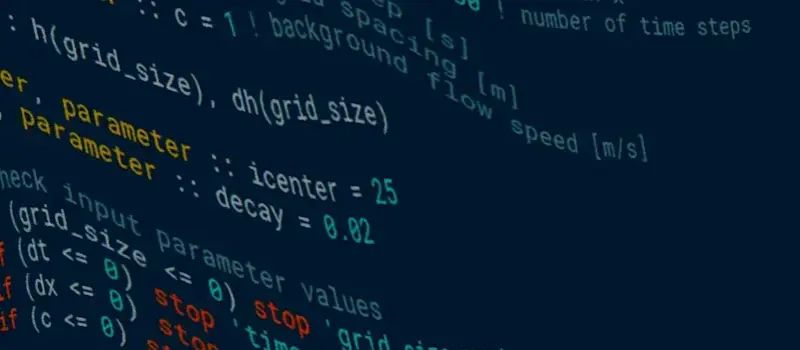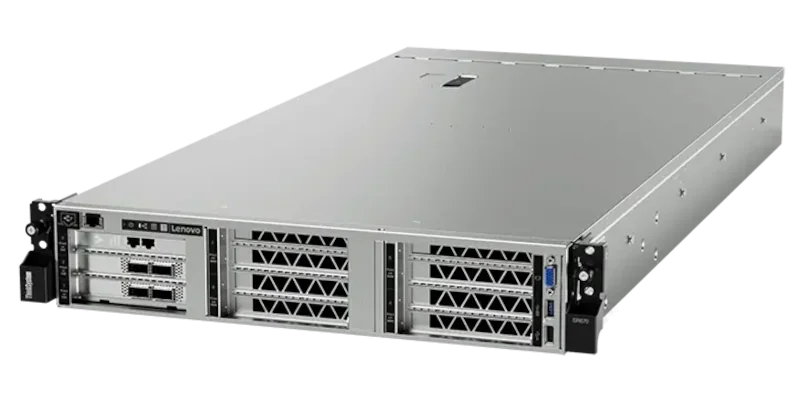
Hello. I'm Iain, the newest recruit to the QMUL ITSR
RSE team.
We are the group of software engineers within ITS Research who help people
at Queen Mary write readable, correct and high-performance research
software.
I've taken the scenic route to research software engineering, having
worked in telecoms network testing, crystallography and cancer research
on the way. In that time, I've written C++, Java, Python and SQL for
Linux, Windows and Android but, until recently, not for high performance
clusters. I hope that my varied experience is going to complement that of my
colleagues, Iain Barrass
and Matthew Alexandrakis
and I'm excited to learn from them both as they have long backgrounds in
scientific computing.
In the next few months, I'm particularly looking forward to working on slow
Python programs to speed them up with
cython, MPI and our
HPC cluster, Apocrita. Python has some excellent unit testing libraries so
I’m keen to talk test-driven development and continuous integration with
anyone who’ll listen. If you're a researcher and you have software, Python
or otherwise, that you would like some help with, you can get in touch with
the team at our Slack workspace or by
email.
Outside of work, you would normally find me at one of London’s many
climbing walls. Since they aren't currently an option, you’ll sometimes
catch me cycling the leafier roads of North London on my too-small but
much loved road bike.
Overall, although starting in lockdown felt a little odd, the team are
well set up for working from home and the nature of the work lends itself
to it. While it would have been nice to meet my colleagues face to face,
the combination of video calls for morning catchups, screen sharing when
you can’t get something compiled/installed/configured and instant messaging for
everything else has been a good alternative and will serve us well until
we can safely return to campus.













